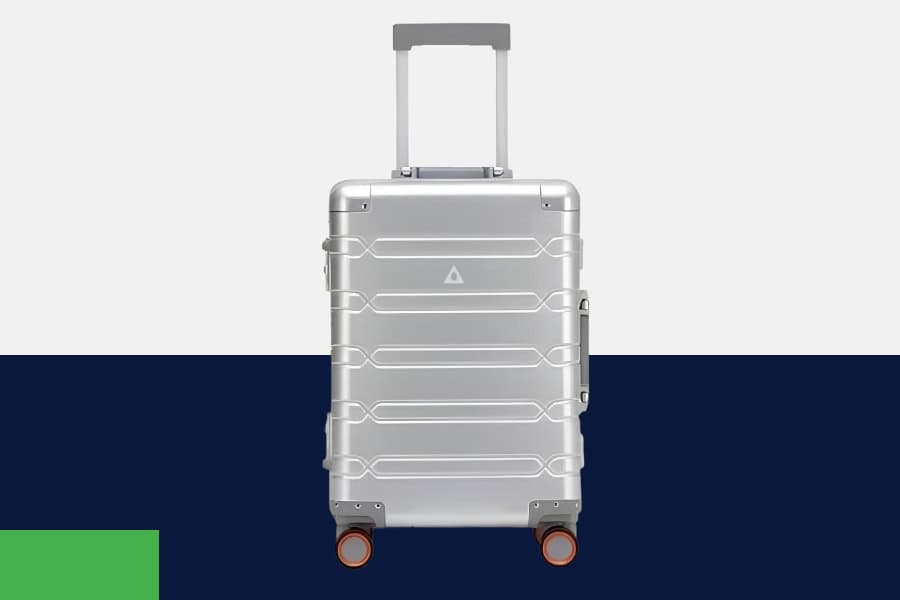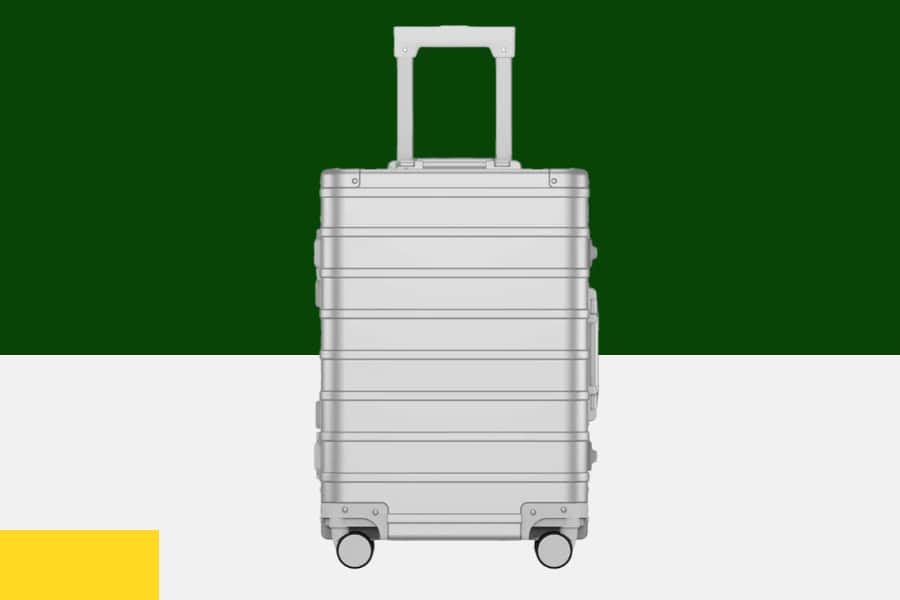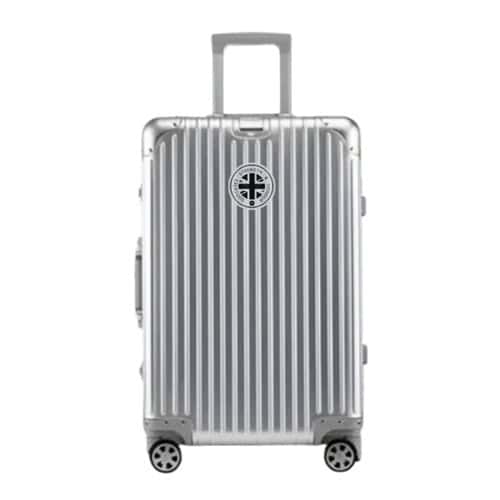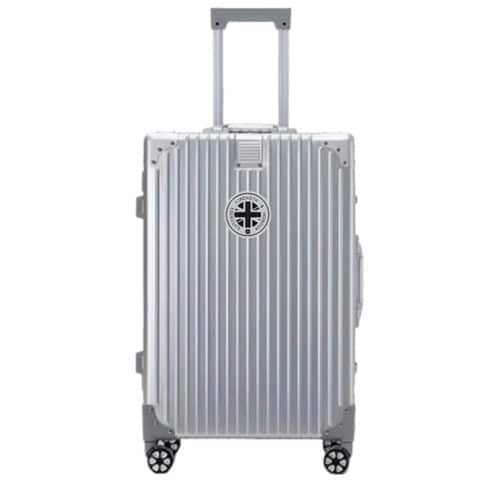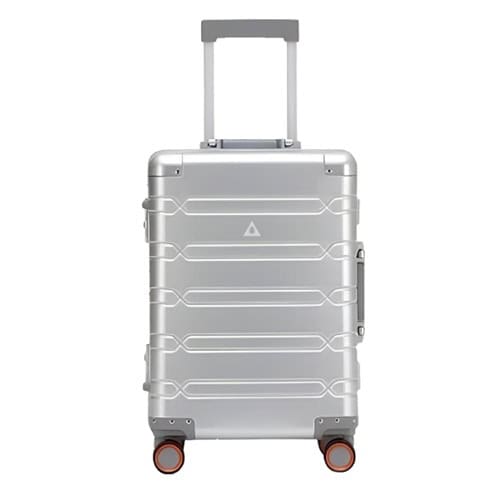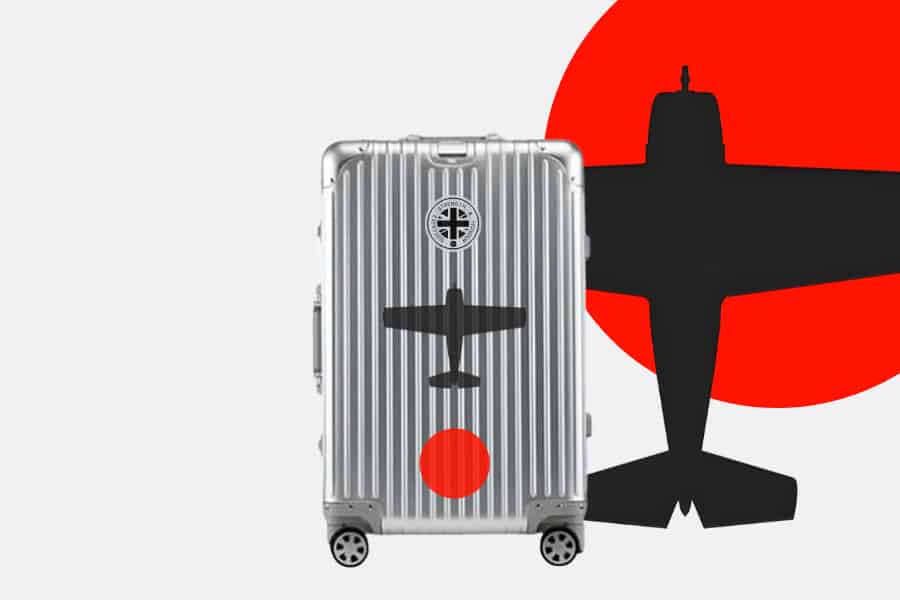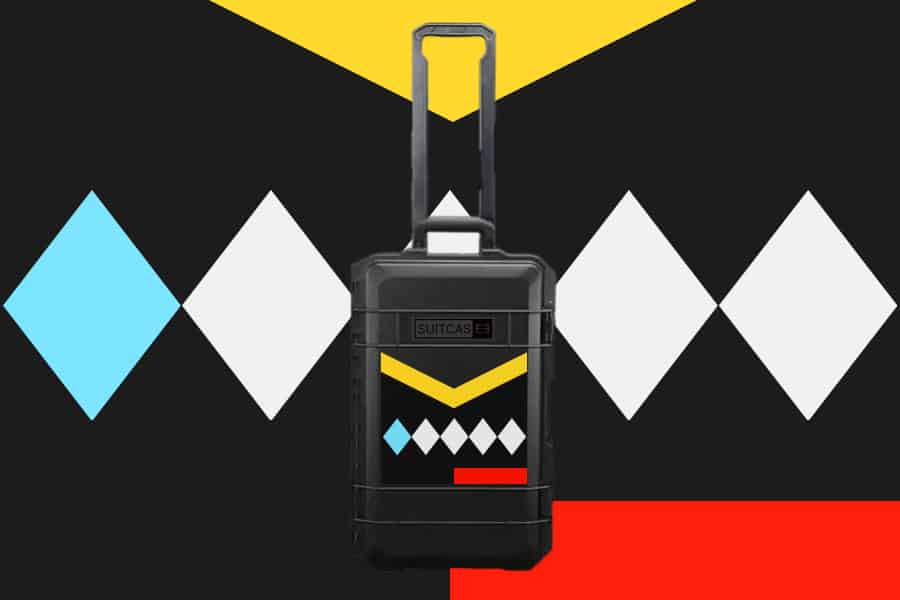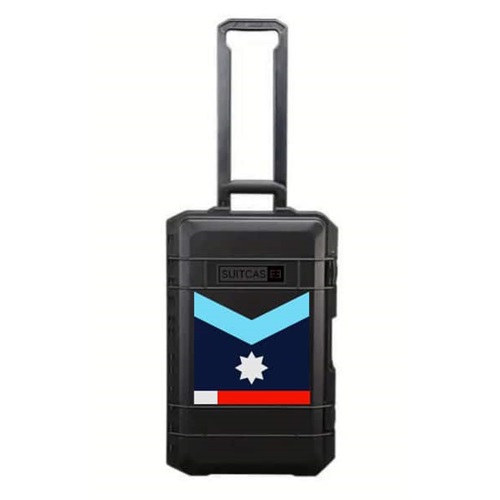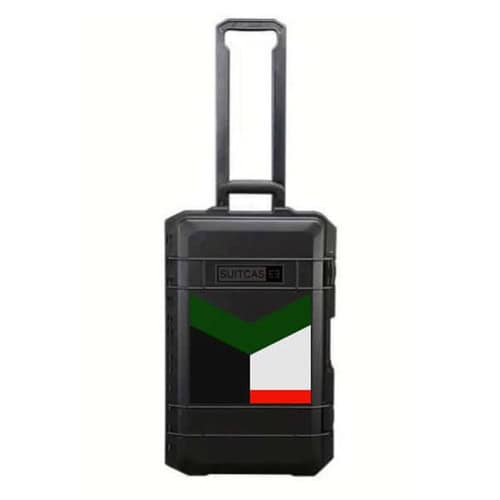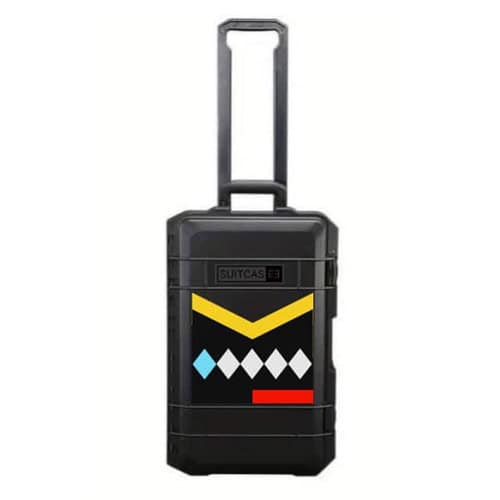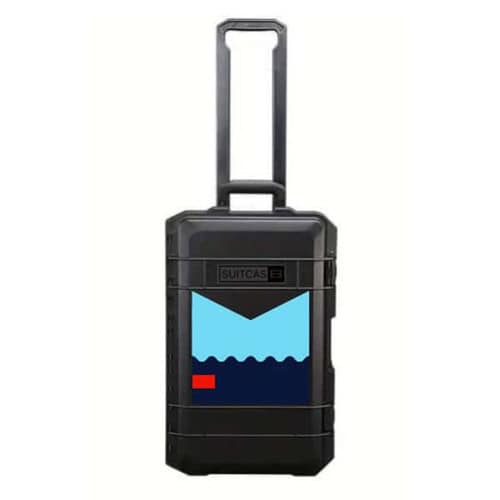Setting TSA-Approved Locks on Your Suitcase
Strength & Honour
Stay tuned for our eco-friendly luggage rental services
How to Set TSA-Approved Locks on Your Suitcase
SUITCASEƎ
When travelling, ensuring the security of your belongings is paramount. With the rise in luggage theft and loss, using TSA-approved locks on your suitcase provides an effective layer of protection. These locks allow TSA agents to inspect your luggage without damaging it, offering peace of mind for travellers. In this comprehensive guide, we will walk you through the process of setting TSA-approved locks on your suitcase, along with frequently asked questions (FAQs) to help clarify any uncertainties.
Setting TSA Locks at a Glance
What Are TSA-Approved Locks?
Are TSA Locks Worth It?
Guide to Setting Your TSA Lock
Tips for Using TSA Locks
Final Thoughts
FAQs
What Are TSA-Approved Locks?
TSA-approved locks are specially designed locks that can be opened by Transportation Security Administration (TSA) officers using a master key. This means that if your suitcase needs to be inspected during airport security screening, TSA agents can unlock it without having to cut the lock off, thus preserving the integrity of your luggage. These locks come in various forms, including combination locks and keyed locks.
Is a TSA Lock on Luggage Worth It?
Absolutely! Using a TSA-approved lock on your luggage is worth it for several reasons:
- Security: It provides an extra layer of security against theft, ensuring that your belongings are more protected than with a standard lock.
- Peace of Mind: Knowing that TSA agents can inspect your luggage without damaging your lock alleviates the worry of potential loss or damage during inspections.
- Convenience: If your luggage is selected for inspection, TSA-approved locks eliminate the need for agents to forcibly open your suitcase, saving time and hassle.
- Versatility: These locks can be used on various types of luggage and are available in both combination and keyed styles, catering to different preferences.
- Deterrent: The presence of a TSA-approved lock may deter opportunistic thieves, as it signals that the contents are secured.
Products
Origin Series Bestsellers
Step-by-Step Guide to Setting Your TSA-Approved Lock
Understand Your Lock Type
Familiarise yourself with the type of TSA-approved lock you have. This could be a combination lock that requires a numerical code or a keyed lock that uses a physical key.
Open the Lock
For combination locks, set the dials to the default combination (often 0-0-0) and pull up the shank to open it. For keyed locks, use the key to unlock it.
Setting a Combination (For Combination Locks)
- Locate the Reset Button: Look for a small reset button or lever on the side or back of the lock. This is crucial for setting your new combination.
- Press the Reset Button: With the lock in an open position, press and hold the reset button.
- Set Your Combination: While holding the reset button, turn the dials to your desired combination. Choose a memorable yet secure combination—ideally a mix of numbers that are not easily associated with you (e.g., avoid birthdays).
- Release the Reset Button: Once you’ve set your new combination, release the reset button. The lock should now be programmed to your chosen combination.
Test Your Combination
Close the lock and scramble the dials, then try opening it with your new combination. This ensures that it works correctly before you use it on your suitcase.
Lock Your Suitcase
With your combination successfully set, close your suitcase securely and engage the lock. Ensure that all zippers are aligned properly and that nothing is caught in the locking mechanism.
Store Your Combination Safely
Write down your combination and keep it in a secure location separate from your luggage. This is essential for avoiding lockout situations.
Using Keyed Locks
For keyed locks, insert your key into the lock and turn it to engage or disengage. Always keep your key in a safe place where you can access it easily while travelling.
Products
Expedition Series Bestsellers
Tips for Using TSA-Approved Locks
- Check Compatibility: Ensure that your suitcase is designed for use with TSA-approved locks. Many modern suitcases have built-in locking systems that accommodate these locks.
- Use Multiple Locks: If you are travelling with multiple bags, consider using TSA-approved locks on each one to provide comprehensive security.
- Stay Vigilant: Even with locks in place, always keep an eye on your luggage, especially in crowded areas like airports or train stations.
Final Thoughts
Using TSA-approved locks on your suitcase is an effective way to secure your belongings while travelling. By following these detailed steps and understanding how these locks function, you can ensure that your luggage remains safe from theft and damage during transport. For more information on TSA-approved locks and travel safety tips, visit www.travelsentry.org. With these precautions in mind, travel confidently knowing your items are well protected!
Travel Smart, Travel Stylish
REGULARLY ASKED QUESTIONS
Frequently Asked Questions
We have compiled some commonly asked questions
Can I reset my TSA-approved combination lock?
Yes, most combination locks can be reset by following specific instructions provided by the manufacturer.
How do I know if my lock is TSA-approved?
Look for a red diamond logo on the lock or packaging, which indicates that it is TSA-approved.
What is a TSA-approved lock?
A TSA-approved lock is a lock that can be opened by TSA agents using a master key, allowing them to inspect luggage without damaging it.
What should I do if I forget my combination?
If you've forgotten your combination, check if the manufacturer has a recovery option or consider contacting their customer service for guidance.
Can TSA agents open a lock without my permission?
Is there a limit on luggage locks?
There’s no official limit, but using several locks may complicate access for security personnel during inspections.
Luggage Rental Wait List
Get Notified
Are keyed or combination locks better?
Do I need a TSA-approved lock for domestic travel?
While not mandatory, using a TSA-approved lock is highly recommended for both domestic and international travel for enhanced security.
What if my bag is damaged during inspection?
If damage occurs during inspection, you may file a claim with the airline or report it to TSA for compensation.
What if my locked suitcase needs inspection?
Can I use non-TSA approved locks on my luggage?
Are there different types of TSA-approved locks?
Yes, they come in various styles including cable locks, padlocks, and built-in suitcase locks.
